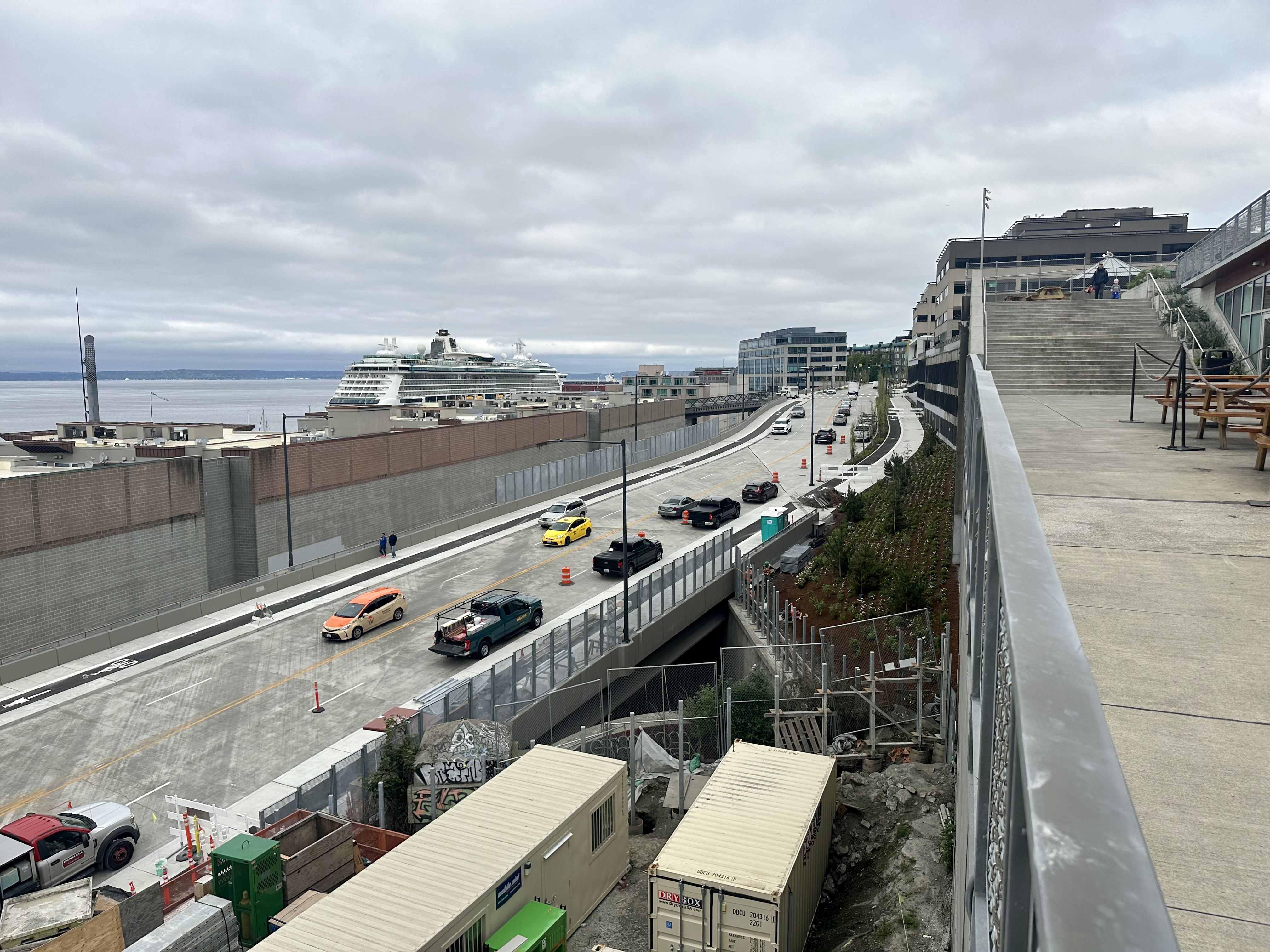Colorado has passed a bill to allow motorcycles to lane filter between stopped cars, becoming the fifth state to legalize it after California, Utah, Montana, and Arizona. The Colorado bill goes into effect on Aug. 7, 2024, and it will allow motorcyclists to filter through stopped traffic at a speed of 15 mph or less.
Lane filtering is different from lane splitting. Lane filtering allows motorcycle riders to proceed forward at slow speeds through non-moving vehicles, such as when stopped at a traffic light. Lane splitting is where the motorcycle passes between the lanes of traffic while moving along a road or highway.
“The AMA endorses lane splitting, given the long term success in California and the University of California study by Berkley researchers showing that it enhances motorcycle safety. “A motorcycle’s narrow width can allow it to pass between lanes of stopped or slow-moving cars on roadways where the lanes are wide enough to offer an adequate gap. This option can provide an escape route for motorcyclists who would otherwise be trapped or struck from behind. There is evidence (Hurt, 1981) that traveling between lanes of stopped or slow-moving cars (i.e., lane splitting) on multiple-lane roads (such as interstate highways) slightly reduces crash frequency compared with staying within the lane and moving with other traffic.” There has been recent enthusiasm for lane splitting and/or filtering in other states. The AMA endorses these practices—as long as lane splitting is conducted within safe highway speeds—and will assist groups and individuals working to bring legal lane splitting and/or filtering to their state.” AMA official statement.
Personally, being from Washington where I have not had experience with lane splitting, it gives me the “creeps” when I see motorcycles pass me in between vehicles. I am not used to it. As many of you know, I ride ~10,000 miles per year now. I haven’t found I am THAT much of a rush to get somewhere to take on this perceived risk; but if the studies are accurate, maybe I should re-think this position.


